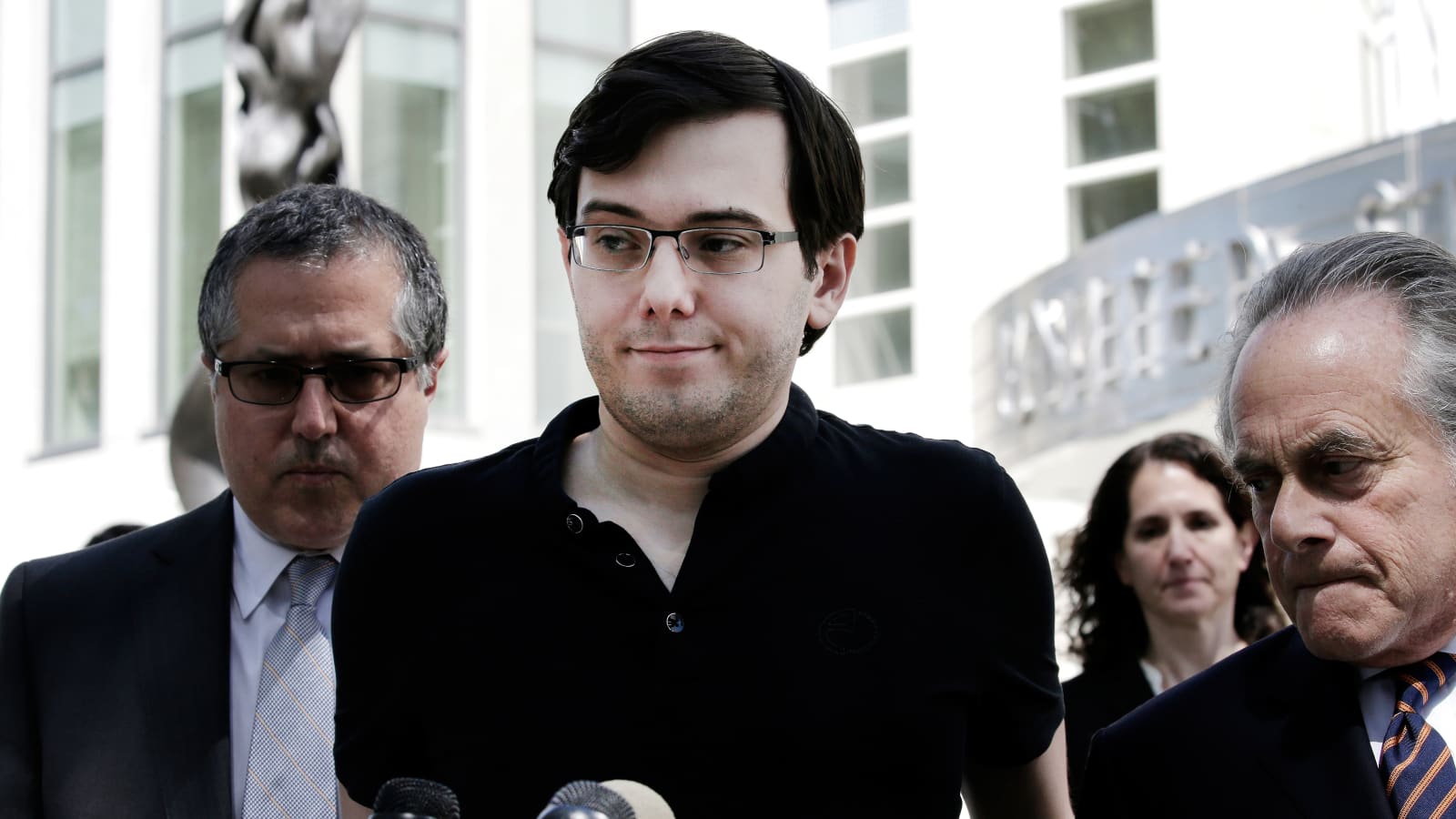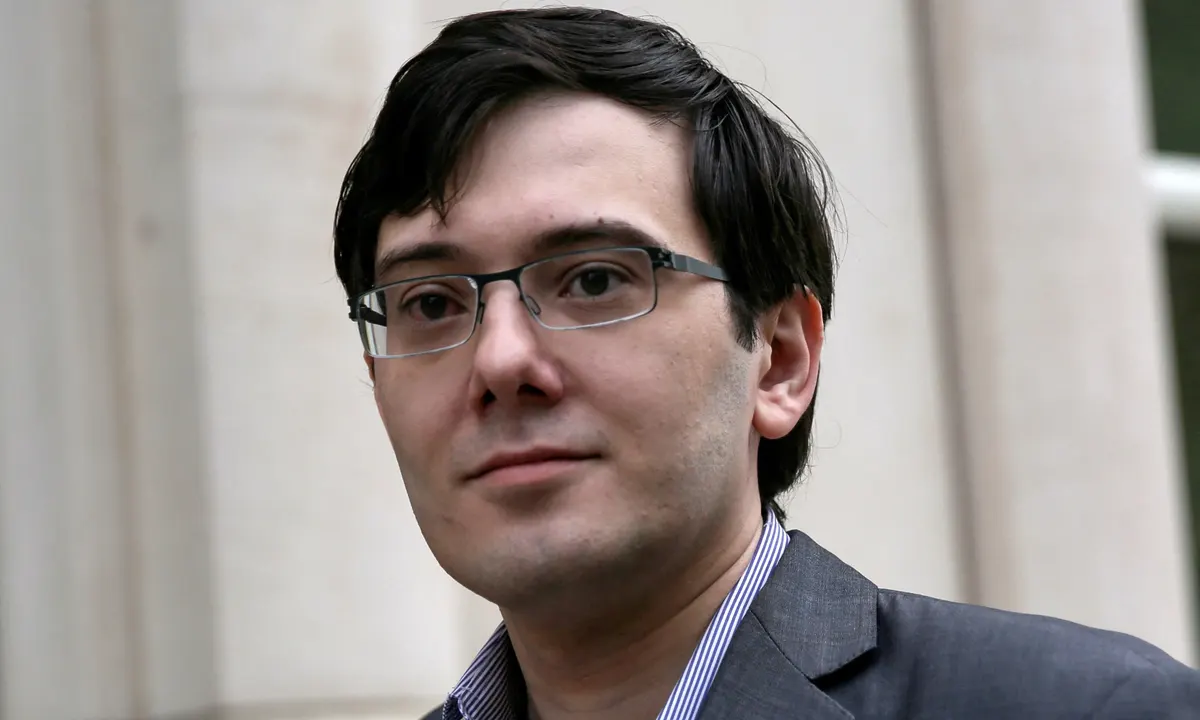The Federal Trade Commission (FTC) has petitioned for Martin Shkreli to be held in contempt of court, asserting that he violated a judge’s order by establishing a new pharmaceutical company after his prohibition from the industry due to a prior lawsuit.
Shkreli, released from prison last year, was banned in February from participating in any capacity in the pharmaceutical sector following the FTC’s antitrust case against him and a former drug company he founded.
This ban was imposed by Manhattan federal court Judge Denise Cote, who earlier ruled that Shkreli orchestrated an unlawful scheme to maintain a monopoly on the drug Daraprim, even while serving a sentence for securities fraud.
In its recent court filing, the FTC pointed out that in July, Shkreli announced the launch of a new entity named Druglike, described as “a Web3 drug discovery software platform co-founded by Martin Shkreli,” suggesting an involvement in the drug industry.
The FTC highlighted this development along with Shkreli’s failure to pay nearly $25 million of a $64.6 million judgment owed from the lawsuit as indicators of non-compliance with the court’s directives.

The FTC and a coalition of states that sued Shkreli also stated in the filing that he has not responded to requests for documents or an interview as part of their investigation into whether his association with Druglike breaches Judge Cote’s industry ban order.
Holly Vedova, director of the FTC’s Bureau of Competition, stated, “Martin Shkreli’s failure to comply with the court’s order demonstrates a clear disregard for the law,” emphasizing the FTC’s commitment to thoroughly investigate any potential violations.
Benjamin Brafman, Shkreli’s attorney, declined to comment on the FTC’s filing.
Martin Shkreli gained notoriety in 2015 when Vyera Pharmaceuticals, formerly under his control, drastically increased the price of Daraprim, a crucial medication, by more than 4,000%.
This move sparked widespread outrage. Subsequently, Shkreli faced federal charges related to securities fraud and was convicted in 2017.
Following various legal issues, including a controversial social media post, he was sentenced to seven years in prison in 2018 and released to a federal halfway house in May of last year.
Shkreli’s return to public life through the establishment of Druglike has drawn the scrutiny of regulatory bodies, which are closely monitoring his actions in relation to the pharmaceutical industry.
